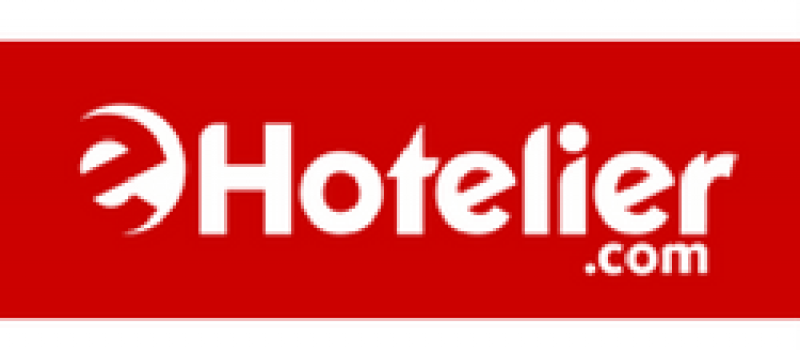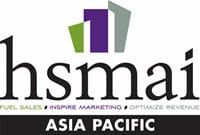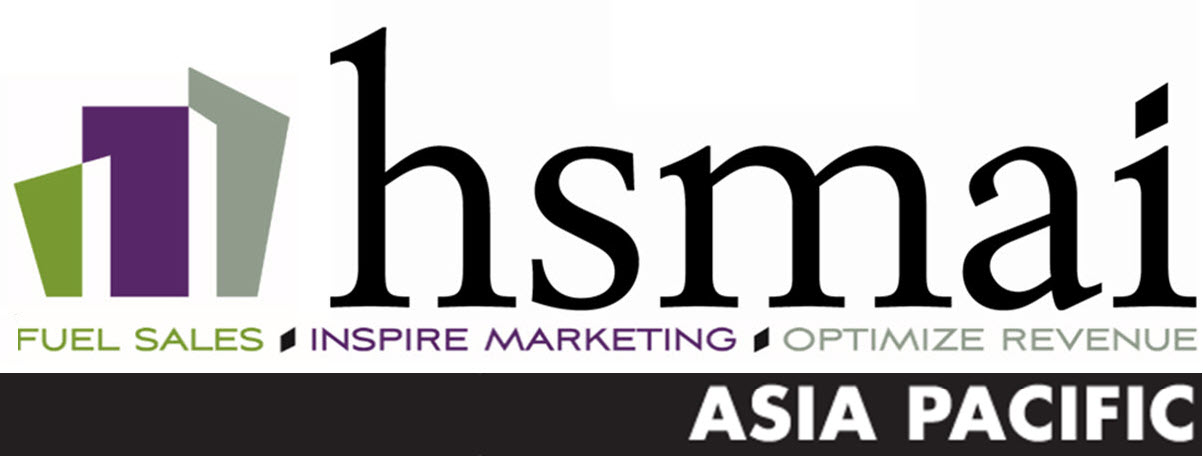With the dawn of the upcoming low season in some destinations across Central Europe, hoteliers and their revenue managers are looking for ways to capture more demand and fill their capacities. But how to do so without cannibalizing your demand which is willing to pay the full amount of your BAR or early-booker-rate? How does one capture more price sensitive travellers without diluting the brand image with deeply discounted rates?
The answer might be to try opaque or package booking channels or offering a “hotel roulette” to drive additional volume to your properties without publicly discounting your rates and making sure to charge the guests according to their willingness to pay. Such opaque platforms conceal the provider’s identity from buyers until the transaction is completed. In the case of packages, the amount of discount offered is not visible for the client.
Let’s see how this might be working for you. We have analysed three possibilities you may choose to boost your revenues in low season. Maybe going the opaque way will be your best friend wandering through this time of the year.
Packages
OTAs like Expedia and Priceline are offering packaged travel arrangements in which hotel rooms are sold bundled with flights or rental cars where the customer will see the total price of the package only. In this combination, the price for the hotel room stays opaque and the guest is not seeing how much of a discount the hotel is offering. This way hotels may offer deeply discounted room rates to an audience preferring to book their travel arrangement all in one place, therefore boosting hotel occupancy without foregoing on the higher ADRs achievable from segments which book a standalone rate.
Lower cancellation ratios & control your inventory
Packaged bookings usually show lower cancellation ratios, which is a result of the hotel rooms packaged together with airfares which are normally non-refundable. Therefore, hoteliers are not only able to offer deeper discounted rooms, but to minimize cancellations in times where demand to replace cancelled rooms is scarce.
Additionally, in contrast to classical wholesaler allotments, OTA package selling is usually on free sale, hence granting hotels full control of their inventory.
Never reveal your discounts
However, there is an increased number of cases coming up in recent history where OTAs are showcasing the deeply discounted rates to all customers who have purchased flight tickets in the past, hence revealing the discount hotels were giving for packages. As this undermines rate parity, hoteliers should be on their toes.
Opaque
Websites such as Priceline and Hotwire are offering an opaque business model, offering deeply discounted room rates to their customers, in exchange to the uncertainty of not knowing which hotel will be booked until the booking is completed. The discount offered is to be individually set by the hotelier based on the volume needed. Price sensitive guests may catch a “good deal” for their upcoming hotel stay, while the hotelier is able to generate additional room revenue without diluting their brand image and their according pricing strategy. All bookings generated are non-refundable and not cancellable, as well as to be paid to the hotelier directly.
Both Priceline and Hotwire are allowing the guests to filter by area and star rating, as well as amenities to reduce uncertainty and to find the best value for money for them. On their website, one will see the area, star rating, price per night, the recommendation rate and the amenities only. The name of the hotel is not revealed until the booking is completed and payment is processed.
Name your own price
Additionally, Priceline offers a “name your own price” option in which the guest may choose the area he or she wants to stay in and the star rating of the property and name their own price. If the bid is successful, the reservation is confirmed and non-refundable. In case it was not successful, the guest has the chance to bid again, but needs to select at least one additional area.
Price is the only thing that matters
Using opaque sites, hoteliers need to understand they are pushing for very price conscious travellers who look for price as the only decision factor. Certain hotel amenities and USPs which may allow for higher prices through other channels do not have any impact. In addition, travellers looking for the best deal on room rates may have a lower ancillary spend on property as well. Nevertheless, this might vary depending on the type of property you are operating. Ancillary spend is often higher in remote resorts than for city centre hotels.
Keep in mind is that these opaque deals generally work best in major cities. Always make sure to make a qualified outcome estimation together with your market manager.
Hotel roulette
When having several hotels within one destination, hoteliers may cut a favourable deal by offering the destination only. The hotel where the booking will be held in will be announced shortly before arrival. The hotelier can steer demand to the property where they most need it, while the customer receives a favourable price in exchange for the uncertainty of not knowing which exact hotel they might stay in.
Place the business where YOU need it
This works for transient guests as well as group business and may give hoteliers a competitive advantage as they may monitor demand until shortly before arrival and shift the additional business to the hotel in need while being able to pursue any opportunities in other properties when they arise. To manage guest expectations properly, one needs to clearly communicate that there is a high possibility guests may not be booked into the desired property to avoid any frustration and negative feedback.
Summary
Hoteliers nowadays are equipped with a large arsenal of tactical promotions when it comes to driving volume into their properties in times of low demand. Many strategies and tactics usually include repositioning BAR prices versus the competitive set or running promotions across various channels, offering the full benefit of lower prices to all travellers looking for a room to stay in. It is important to note however that most “secret promotions” offered by OTAs are not very “secret” at all, as memberships often are not bound to any conditions.
In contrast, real opaque promotion models allow for keeping your public rates stable and to continue with your segmented pricing based on the customer’s willingness to pay. Hoteliers can skim off additional non-refundable volume at lower prices without cannibalizing their public rates. Nevertheless, they need to ensure their opaque prices are really kept opaque and consider the guest profile booking through these channels regarding additional on-property spend. Keeping all points above in mind and carefully managing guest’s expectations, going opaque is a powerful way to increase your RevPAR in low season.




